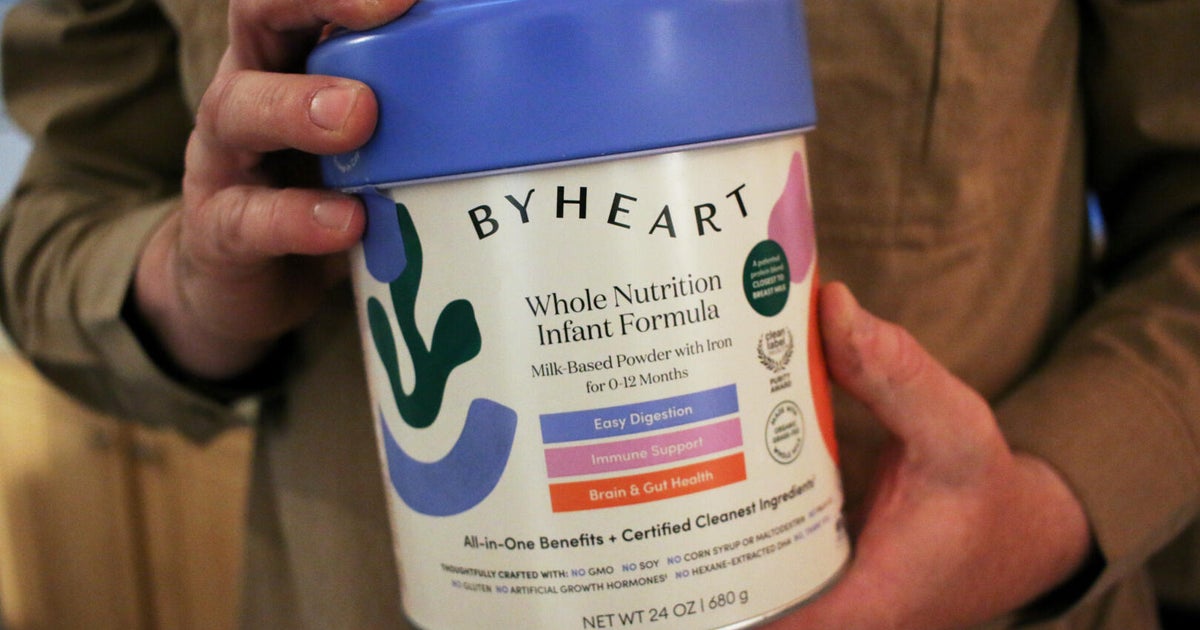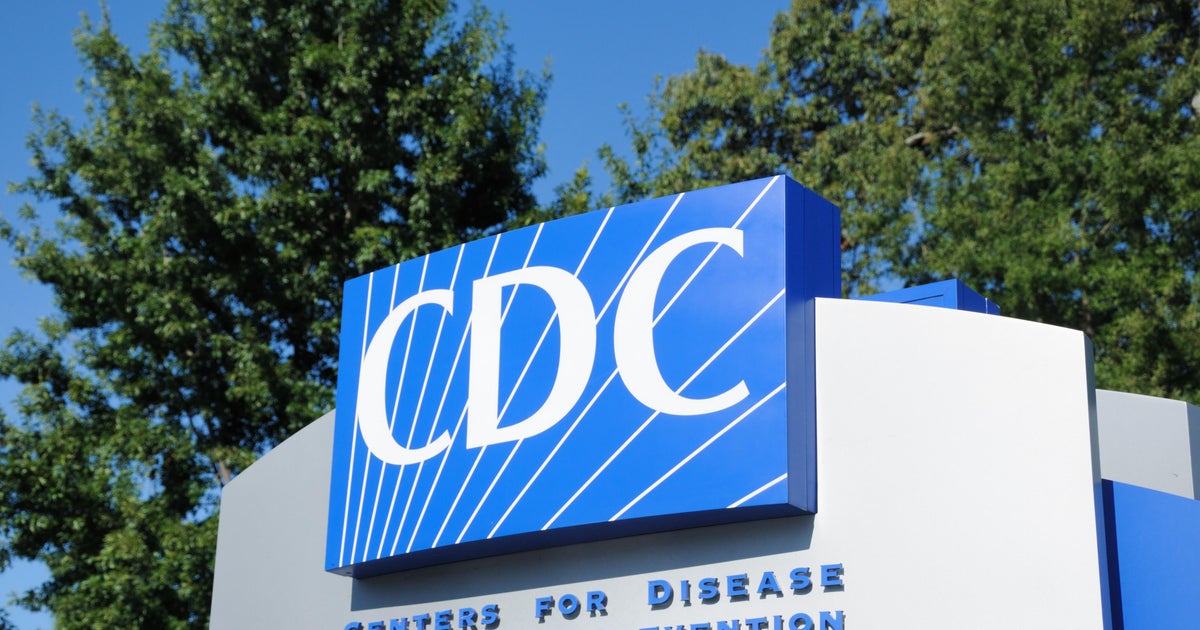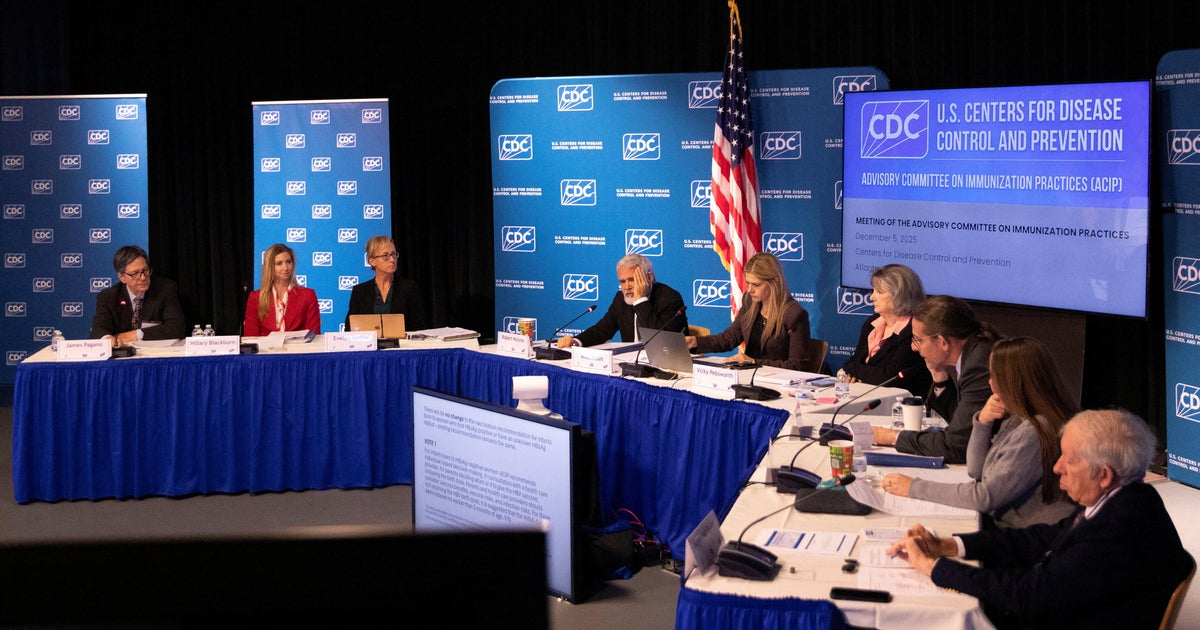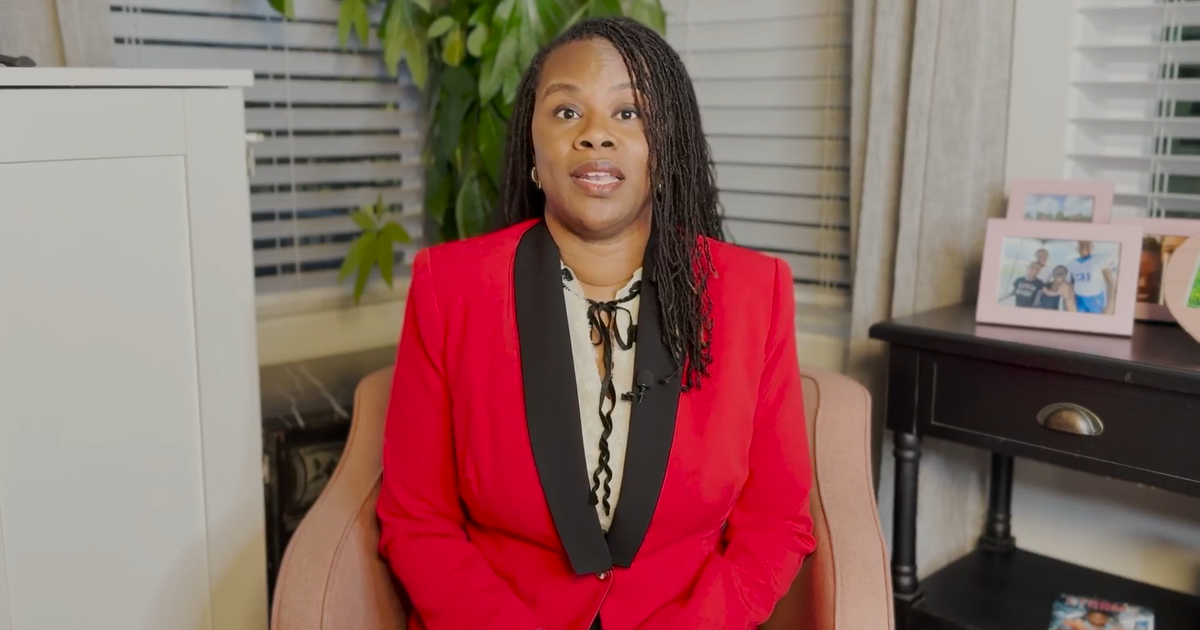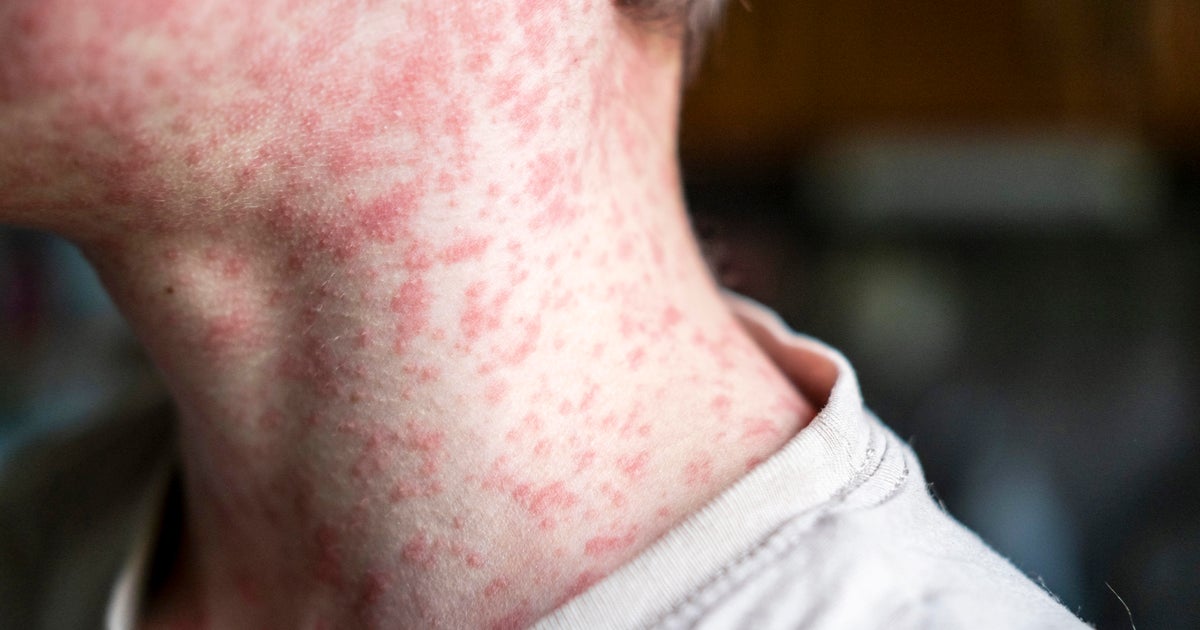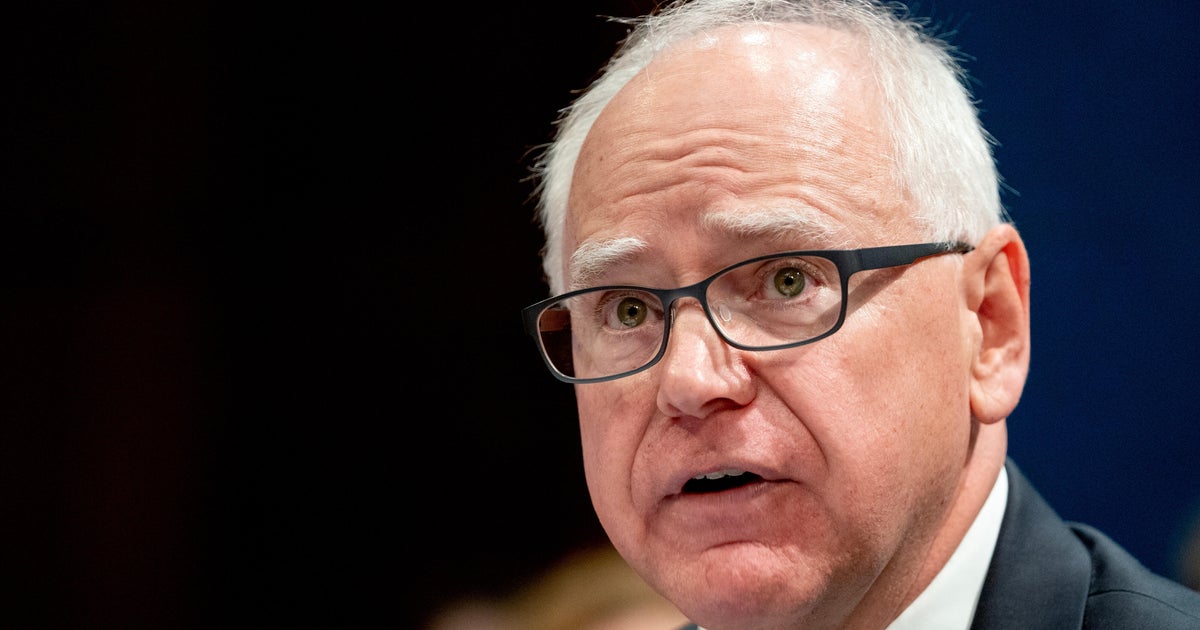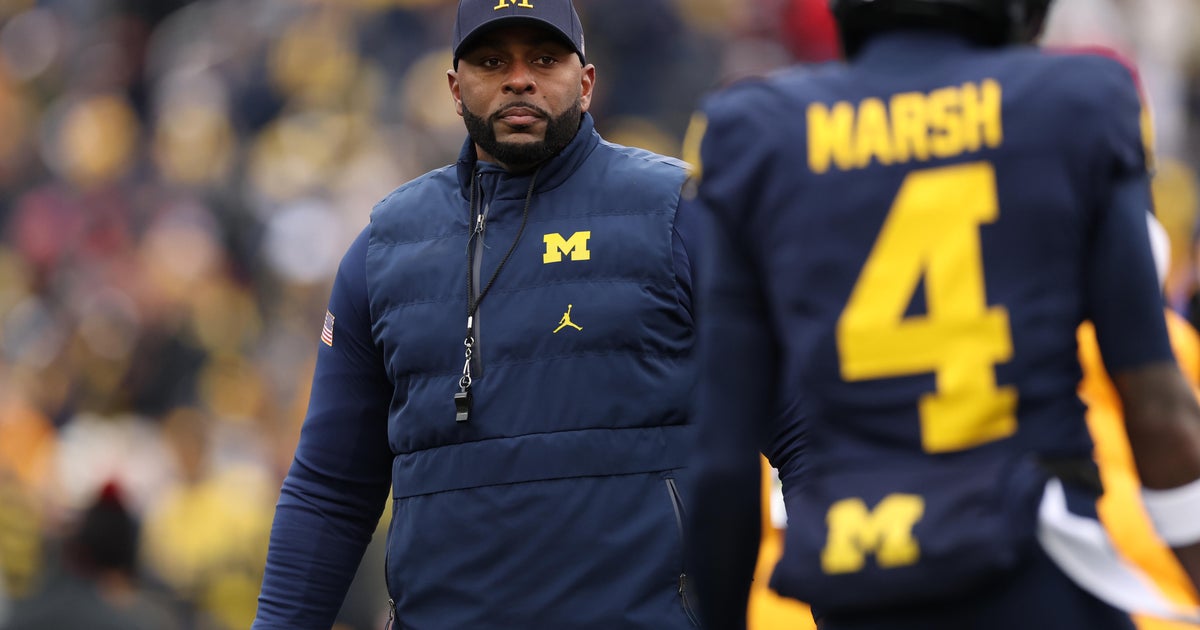Insurance and supply issues hamper this year's commercialized Covid-19 vaccine campaign
It has been just over a week since the US Food and Drug Administration and the US Centers for Disease Control and Prevention gave their nods to updated Covid-19 vaccines, which they have urged Americans to get without delay as the nation sees an uptick in cases, hospitalizations and deaths.
"Those vaccines are now available. They are out there in pharmacies, doctor's offices, health centers around the country," Dr. Nirav Shah, principal deputy director of the CDC, said Saturday on CNN.
The agency has recommended that everyone ages 6 months and older get one of the new shots. It has made the same recommendations for flu shots, which are also available now and can be given at the same time as the new Covid-19 vaccines.
At least in theory.
Some people have booked appointments and gotten a shot already, but others who have tried to follow the CDC's guidance have run into roadblocks that didn't exist before the government commercialized the Covid-19 vaccines this year. Some pharmacies have scheduled vaccine appointments only to cancel them when they run out of doses. And people have arrived for their vaccine appointments expecting the cost to be fully covered by their insurance, only to be told that they have to pay out of pocket for the shot, which retails for between $100 and $200, with an administration fee.
The CDC directed questions about the problems to the Center for Medicare & Medicaid Services.
On Wednesday, at a press event where he got his own Covid and Flu vaccines, Xavier Becerra, Secretary of the Department of Health and Human Services, said they were working to smooth any hiccups.
"We've heard these stories, and we've contacted the insurers. We've contacted the pharmacists, and we're working with–and to make sure everyone understands how this works–you should not have to pay out of pocket if you are insured," Becerra said, adding that there are also free vaccines for people who are not insured through the Bridge Access Program.
For the most part, the snafus seem to be short-term problems related to limited early supplies or trouble getting the correct codes set up to bill insurance, but experts say they were also avoidable issues that are slowing the momentum of the fall vaccine campaign at a critical juncture. Last year, most people who got a bivalent Covid-19 vaccine did so within the first two months of approval, according to CDC data.
"All of this is temporary," said Jen Kates, a senior vice president at the Kaiser Family Foundation who is tracking vaccine access. "It is the first time they're being commercialized. There are things that have to be put in place, so it is temporary. It is also the case that insurers have known this was going to happen for quite a while."
CVS said it has had to reschedule some appointments as it receives vaccines on a rolling basis. Walgreens described any problems as isolated and said it now has enough supply to honor existing vaccine appointments at most stores. It expects to make more appointments available later this week.
Rite Aid and Walmart said they had not begun scheduling vaccine appointments but expect to get their first shipments of the updated Covid-19 vaccines this week.
Back to 'health care as we know it'
During previous Covid-19 vaccination campaigns, when the government was in charge of buying, distributing and monitoring the vaccines, Kates says Americans got a taste of what universal health care could look like, and everyone had access.
"Now, what's happened with commercialization is, we're back to health care as we know it, and its challenges and its complexities," she said.
Kira Kiessling, 38, of Washington DC, recently booked appointments for her flu and Covid-19 vaccines in anticipation of an upcoming business trip. She wanted to be protected.
"The CDC is saying it's time. Everybody needs to get these. We're getting flu shots this week, in theory, and Covid shots next week," she said.
But when she went to the grocery store pharmacy where she's gotten all her previous vaccines with little fuss, she was told she would have to pay out of pocket if she wanted her shot. Kiessling and her family are covered by CareFirst Blue Cross and Blue Shield through her husband's employer.
She decided to try talking to her insurance company.
When she called CareFirst, she said, she was told it was having a network-wide problem with billing for all vaccines. The customer service representatives told her they were being besieged with calls but had little information to give people. Kiessling said she was told they didn't have any plans to communicate with their members about the outage, either.
CareFirst did not respond to CNN's request for comment.
Kiessling eventually paid for a flu shot and said she would try to get her updated Covid-19 shot next week.
"How many millions of people are going to try to get vaccinated and then just get discouraged or upset and then just not get it?" she asked.
Vaccines should be free for most
People who don't have health insurance or who don't have enough are eligible to get Covid-19 vaccines for free at Walgreens and CVS, and through local health departments and federally qualified health centers through the government's Bridge Access Program.
For people with insurance, the Affordable Care Act requires nearly all plans to cover vaccines without any cost-sharing, meaning people shouldn't even owe a co-pay when they get one.
But there are some caveats. For new vaccines, like those offered this year to seniors and infants for respiratory syncytial virus, or RSV, the law gives insurers up to a year to add the shots to their plans. For the Covid-19 vaccines, new provisions in the CARES Act shortened that timeframe to just 15 business days.
Insurance companies are still within that 15-day window and so technically aren't breaking the law, but many people who've run into coverage issues say they can't understand why these companies weren't ready.
"They should have had a plan for this. It was the most predictable thing that was coming down the pike in health care this year," said Eric Rogers, 38, of Chicago.
Rogers has a large conference coming up for work in October and signed up to get an appointment as soon as the vaccines were officially recommended. He snagged a slot at a local Walgreens on September 18.
But the Friday before his appointment, he got a call from the pharmacy. Workers there were pre-running insurance, and his company, Blue Cross Blue Shield of Illinois, wasn't yet covering the shot.
In an emailed statement, Blue Cross Blue Shield of Illinois said these kinds of issues are not widespread.
"Most members with a Blue Cross and Blue Shield of Illinois health plan have access to FDA-authorized COVID-19 vaccines and boosters, including the latest version as available, often at no cost as a preventive service when using an in-network provider's office or in-network pharmacy," the statement said. "Members who have had challenges accessing the newly approved vaccine should call the Customer Service number on their member ID card."
The Blue Cross Blue Shield Association, the national umbrella organization for 34 Blue Cross plans across the US, said its members would comply with all legal requirements.
"BCBS plans have and will continue to comply with the preventive service requirements listed in the Affordable Care Act, including recommendations for the latest round of Covid-19 vaccines," said Kelly Parsons, the group's director of media relations.
Rogers' pharmacy gave him the opportunity to reschedule, but he decided to keep his appointment.
"It's worth it to me. I had a very bad bout of Covid a few months before the first vaccines became available. So I have I feel like a healthy amount of fear that I would not like to have it again or at least would like to make sure I don't have a serious case of it," he said.
Rogers said he paid $155.99 for his vaccine. He's going to try to submit his receipt for reimbursement, but he doesn't have high hopes.
"They're probably just gonna tell me 'Well, you didn't follow our instructions,' and, well, I didn't have any instructions," he said.
Some social media users have complained about similar issues with coverage delays under plans with Cigna, Kaiser Permanente and Florida Blue. Kaiser Permanente did not immediately respond to CNN's request for comment.
A spokesperson with Cigna said that the company is covering the new Covid-19 shots with no cost sharing and that it updated its billing systems as soon as the new vaccines were approved. The company also said it was in contact with pharmacies to help them resolve any billing issues.
"COVID vaccines are covered at no cost at any in-network pharmacy or doctor's office for Cigna Healthcare customers. If a Cigna customer believes their COVID vaccine claim was denied incorrectly, we encourage them to contact us for reimbursement," the company said in a statement.
A spokesperson for Florida Blue, a Blue Cross Blue Shield plan, said some of its members may have experienced issues due to the recent addition of the new vaccine to its system.
"We apologize for any confusion this may have caused. Florida Blue does cover the updated vaccines at zero cost for most commercial and fully-insured members as well as Florida Blue Medicare members. Any impacted members should contact their pharmacy for reimbursement or file a claim with Florida Blue for reimbursement," the company said in a statement.
Rogers is still frustrated. "We're how many years into this, and we're being told that we have to treat this as this routine thing, and yet our health care system who doesn't know how to handle it as a routine thing," he said.
Pharmacies juggle cost and access
Marc Ost, co-owner of the independent community pharmacy Eric's Rx Shoppe in Horsham, Pennsylvania, said he's been dealing with three main issues: cost, supply and insurance coverage.
When the government was paying for the shots, Ost didn't have to absorb the cost of extra doses that expired before they could be used. Now, he'll have to pay for any doses he can't sell.
Vaccine maker Moderna allowed him to preorder doses directly, but Pfizer would not. Ost said he doesn't know of any community pharmacies carrying Pfizer's Covid-19 shots.
Ost got his Moderna shots on Saturday and has filled appointments for all 500 doses he got.
His pharmacy started giving Covid-19 vaccines on Monday. Some insurance plans and their pharmacy benefit managers have codes set up for billing, and there wasn't a problem getting coverage with them, but other companies aren't yet covering the shots. He said he's had to cancel some appointments.
"Unfortunately, we can't give a shot that costs over $100 unless we're going to get paid for it or the patient's going to get paid for it," he said.
"Our goal was really to give a vaccine to anybody who wants it, but unfortunately, that has not been the case, at least for the first few days," Ost said.
He said all of this has resulted in some confusion and disappointment, especially because people don't always realize the vaccines aren't free anymore.
"Patients think it's covered and also that it's free, not realizing that there is a cost for this and it's not something that our pharmacy can just eat the cost of," Ost said.
How to order free COVID tests
Four free tests will be available for each household to request through the government's COVIDTests.gov portal beginning on Monday, Sept. 25
Tests will be shipped through the U.S. Postal Service starting Oct. 2, and would not be directly affected by a potential government shutdown if Congress fails to pass a funding bill by the end of the month.
The government previously offered free test kits last winter, but shipments through the website have been on pause since May to conserve supplies of the tests.
CNN's Amanda Musa, Deidre McPhillips and Meg Tirrell contributed to this report.
